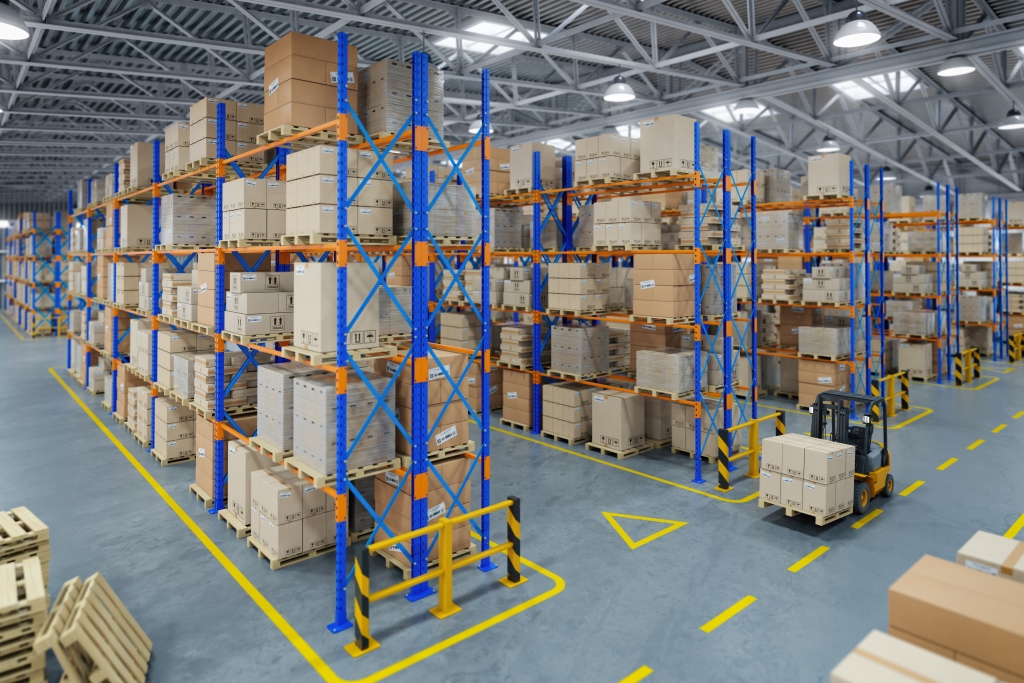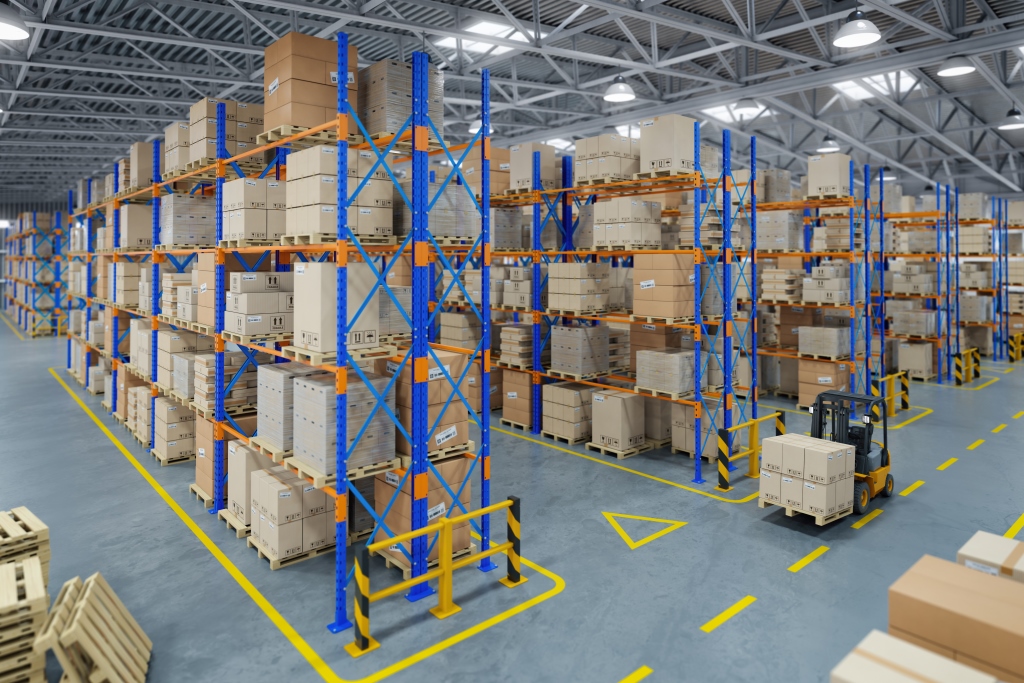
General Information about Trade Levies
Home » trading agreements » General Information about Trade Levies
The Trade Levies and Safeguard Measures Law, 5751-1991 addresses three types of trade levies:
Anti-dumping duty – a duty on dumped imports that cause material injury to a domestic industry.
Countervailing duty – a duty on exports (into Israel) subsidized by a foreign government.
Safeguard levy – imposed, inter alia, to safeguard the country’s balance of payments and its foreign currency reserves, to safeguard the agricultural industry and the country’s mined resources, or as an economic reciprocal action against a foreign country.
The Law also deals with safeguard measures intended to provide temporary protection to domestic industry in case of a quick increase in import or a change in import terms that may cause serious injury. Temporary protection is designed to provide a hiatus in which the domestic industry can become more efficient and prepare for imported competition.
The imposition of these levies and the safeguard measure is established in the WTO’s international agreements, and is subject to the limitations and terms specified in them. They are also subject to bilateral trade agreement between Israel and various countries.
The Commissioner of Trade Levies, a statutory appointment, is in charge of implementing the Law. In addition, a public committee advises the Minister of Economy and Industry about anti-dumping duties and countervailing duties. The orders and safeguard measures must be approved by the Minister of Finance and Knesset Finance Committee.
By Law, complaints are submitted for the investigation of the Trade Levies Commissioner. Complaints may be submitted by domestic manufacturers representing a domestic industry, against importers and foreign manufacturers, for importing a dumped or subsidized-price product or products that cause injury to domestic industry.
More related articles...


Israel Economic Snapshot
Economic Forecast Summary (December 2021) Economic activity rebounded strongly in 2021 and GDP is projected to grow robustly by 6.3% in 2021, 4.9% in 2022 and 4% in 2023.


The Drivers of Supply Chain Resilience
The pandemic has shown the vitality of supply chain resilience. Dr Yueh explains what trends should be considered going forward in building back supply chains


Making trade work for all
In the wake of uncertainty and tensions in the trading system today, alongside heightened public concerns about globalisation, open trade is under threat.


Where do my things come from? How trade works today
When we think about international trade, we traditionally think about a person or company producing all elements of a product in their home country and


Why open markets matter
People trade and governments open markets because it is in their interest to do so. Trade and market openness has historically gone hand-in-hand with better
























